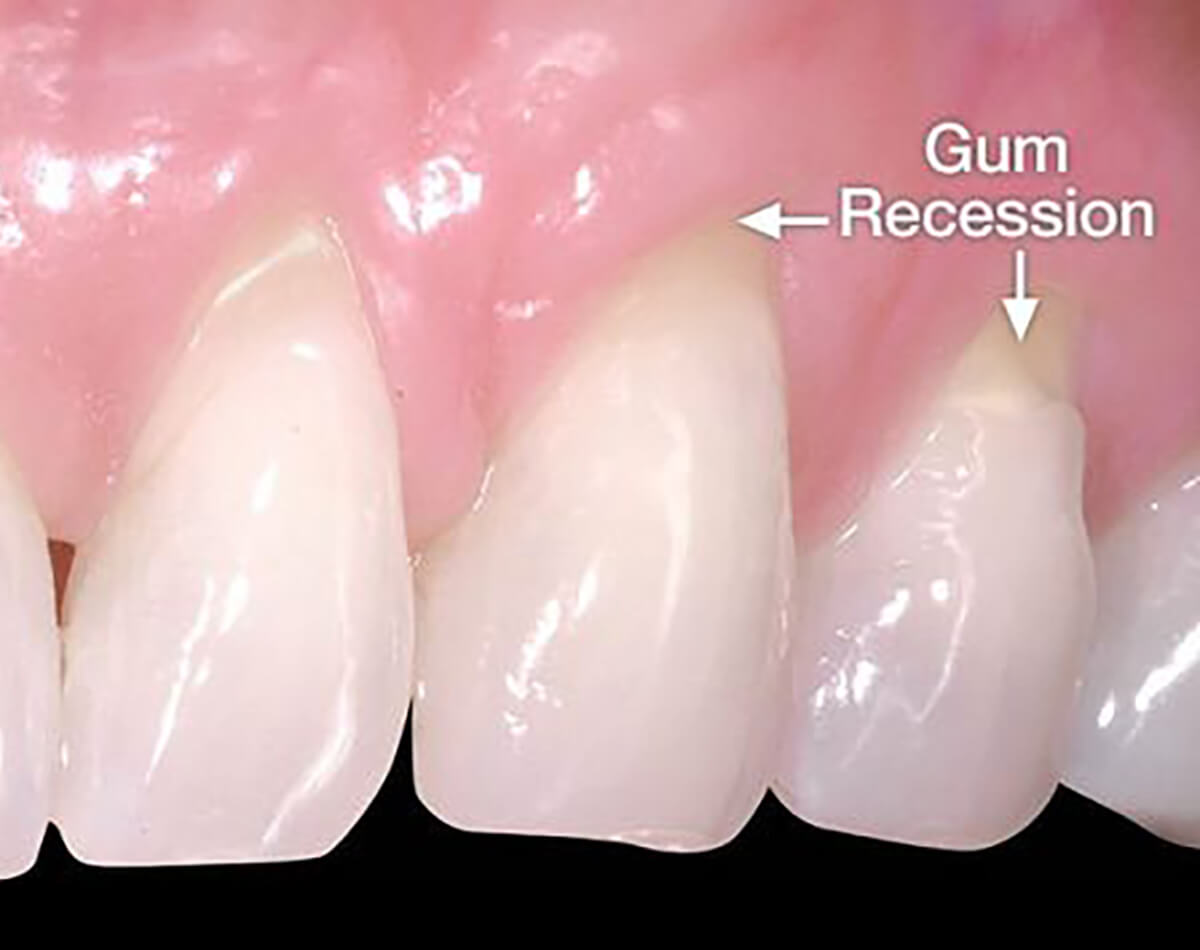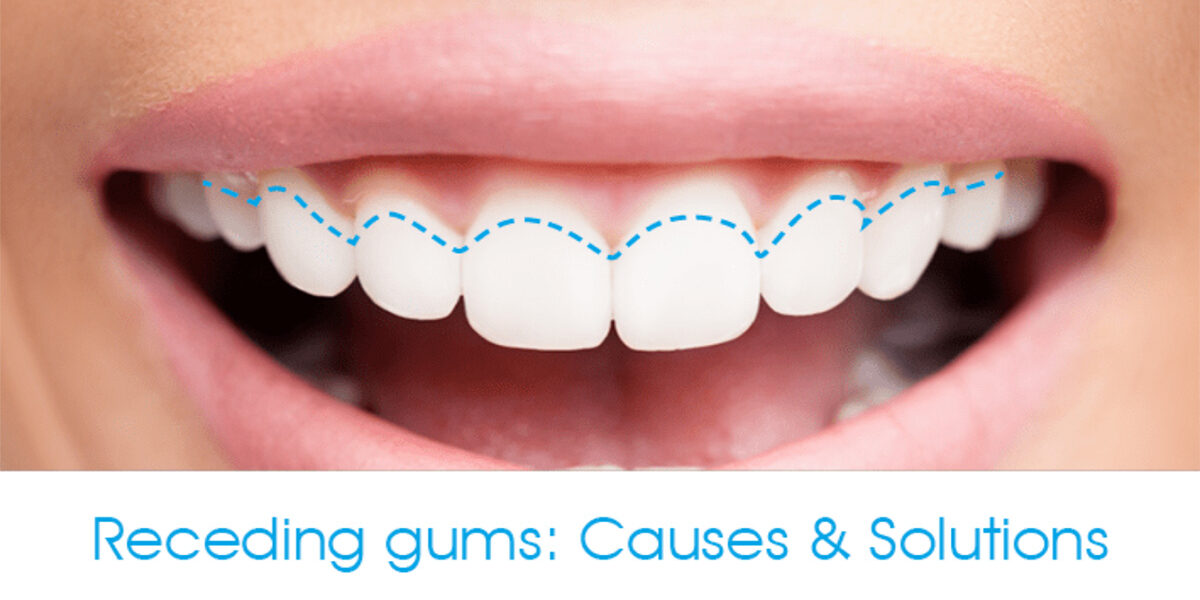5 Signs that you have Gum Disease
Are you in good oral health? One of the biggest reasons why adults lose their teeth is still gum disease. Gum disease can cause heart disease, diabetes, stroke, periodontal bone loss, and other more severe health problems if it is not identified and treated.
Gum disease is actually becoming more prevalent. According to studies, it affects about half of all Americans over the age of 35. Although while brushing and flossing for 5 minutes each day can keep your mouth clean and healthy, some gum disease warning signals might go unnoticed. As a result, you might not even be aware that you have gum disease.
Let’s look at some gum disease warning symptoms that you should be aware of and report to your dentist immediately. For the sake of both your oral health and general health, it is best to diagnose and treat gum disease as soon as possible.

Bloody Gums
When you brush your teeth, bleeding gums are the first sign of gum disease. This is the most blatant indication that pockets of plaque have developed between the gums and teeth. When plaque accumulates, it will make the gums bleed when you brush or floss and cause them to turn red, swell, and bleed.
Bleeding gums is often an early sign that you’re developing gum disease.
Shrinking gums
Gum disease is one factor in gum recession. Most people experience some gum recession as they age. Moreover, using a hard toothbrush too vigorously can cause it. But, you ought to additionally take gingivitis into account. Your gums will pull away from your teeth as the illness advances, leaving your teeth more exposed.
As a result, previously hidden roots are suddenly exposed and vulnerable to tooth decay. deeper gum layers are affected as the gum disease worsens. It can eventually harm the underlying bone.
Bad breath
Bad breath is another indication of gum disease. Bacteria can release gases that give off an odour as they accumulate in the gums. Dental decay and gum disease are two common causes of poor breath, while there are other factors as well. Halitosis and gum disease are both risks that are reduced by good dental hygiene.
Temperature Sensitivity
Gum disease may be present if you experience bleeding gums, foul breath after meals, or sensitive teeth. When you eat anything hot or cold, the nerves that generate discomfort are exposed as the gum tissue recedes.
See your dentist right away if you experience this kind of discomfort. A region of tooth decay or a loose filling are two more causes of heat and cold sensitivity. A dentist can determine the precise cause.
Gums That Are Sensitive
Your gums shouldn’t feel sore; in fact, tender gums may indicate undetected gingivitis. Plaque and tartar accumulation along the gumline and at the base of the teeth is where it all begins. If plaque or tartar is allowed to accumulate, it irritates the gum tissue and causes irritation.
When you chew or brush, that’s what causes gum swelling and irritation. A gum abscess may be present in a localised area of gum discomfort and swelling, in which case you should seek immediate medical attention.
The conclusion
Millions of people throughout the world are affected by the significant issue of gum disease. Gum disease symptoms sometimes go unrecognised, so it’s critical to spot them early if you want to stop the issue from getting worse. That is why it is so crucial to visit the dentist frequently.







